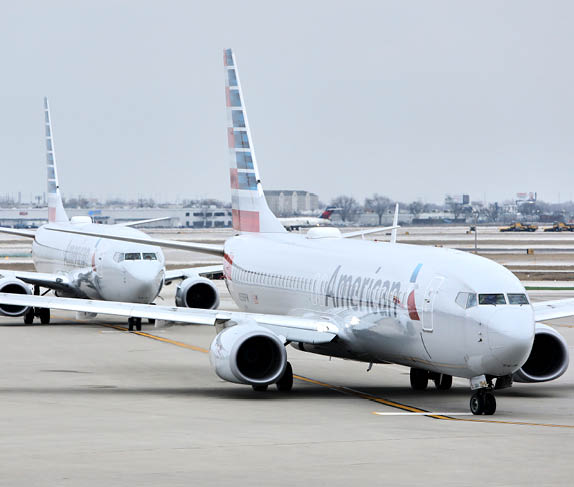Assessing and managing talent should be a continuous and integral part of managing an airline. Often it is forgotten until an external shock triggers the process. A “State of the Industry” analysis from Seabury Human Capital (SHC), a subsidiary of Seabury Group, shows how large-scale organizational change can provide the impetus to launch the assessment process and talent management initiatives.
Organizational change can take on different forms for an airline: a change in leadership or ownership; implementation of significant expansion (or reduction) plans; preparing the organization to go public; or other M&A activity. Regardless of what form it takes, organizational change impacts employees and their ability to fulfill the company’s mission.
“In the face of organizational change, effective talent assessment can empower leaders to better manage their talent by addressing newly identified development opportunities and implementing targeted training programs,” says Seabury Human Capital President and Chief Executive Officer Martin R. Kuehne. “SHC’s extensive experience with clients in the airline industry shows that unless the airline implements talent assessment properly, the post-change organization may be at risk.”
Approaches to talent assessment vary and are primarily influenced by the situation facing the airline and the objectives for the assessment process. In SHC’s experience in leading talent assessment efforts, four key objectives have been identified: (a) Right person, in right place; (b) Succession planning; (c) Managing flight risk; and (d) Exposing development gaps and training needs. Beyond simply understanding the current state in terms of talent haves and needs, talent assessments are best run separate from HR administered performance reviews and relying on a combination of inputs to provide a rounder picture of the individuals involved.
In the examples of SHC supporting airlines, the talent assessment efforts focused on senior leadership, usually direct reports to CEO or other senior executives. In supporting aircraft lessors, on the other hand, SHC focused on the organization as a whole, engaging with employees at all levels.
Seabury Human Capital Senior Vice President Kevin M. Horan added, “Using 360 reviews, external competency evaluations, self, and management evaluations allows both current and incoming organization leaders to gain a deep understanding of their current talent and potential development needs.”

